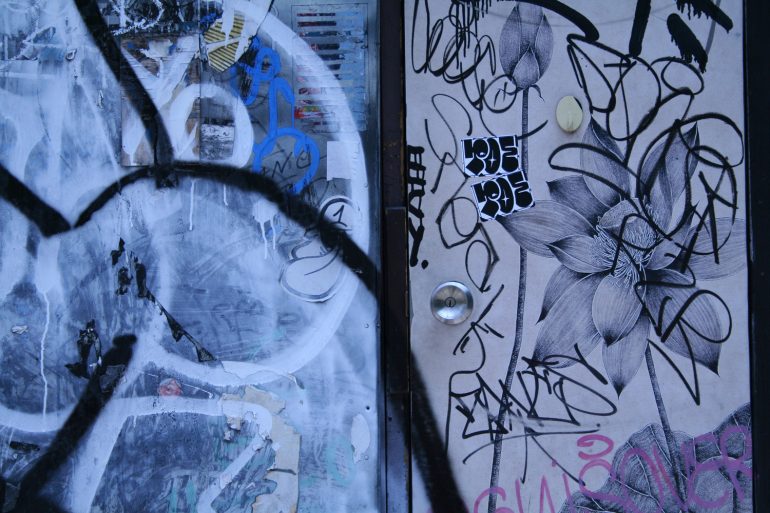I am the new poster girl for low-context culture
My mother is a retired librarian. Each day of her career she surrounded herself with books and with words. I grew up in her library, and inherited her love of stories, ideas and imagination.
While this setting has some basic ingredients of an all-American story, ours was a little different. Although my mother can bake a wicked apple pie, she is not traditional. She is simply not your typical librarian or mother.
She taught me that you communicate your beliefs and your ideas with conviction. You never back away from a fight you believe in, you always root for the underdog and you should not be afraid of being unpopular.
During my coming of age years in New York, her discipline helped me develop my character. When I left New York, I was a self-assured, confident young woman. I continued evolving through the years and, today, am rarely left short of words.
Until everything changed
As we settled in to our new lives in Tokyo, I began observing the vast differences between Switzerland and Japan. The food, the language and the booming Tokyo metropolis are all glaringly obvious and lovely differences.
But, when I ran into some awkward social situations, I realised the largest gap is communication. It became clear that I am operating in a society which doesn’t use the same expressive, communicative language that I am used to.
How the Japanese use the spoken word, gestures, context and even silence to express themselves is far away from those values and the etiquette I was taught by my mother.
I have lived in so-called low context societies my whole life
In a low context culture such as America or England, only that which is expressed has any meaning.
So, the way I greeted people (with three kisses), conducted business (direct and unabashed) or told a story to my friends was all based on expressing my personality and my ideas in a creative and often unfiltered manner.
Now I find myself living in a high context society

In the high context culture of Japan, the concept of Wa is the cornerstone of communication. Wa is, very literally, the spirit of cooperation and harmony. It dates back to the medieval period of Japanese history, when it was believed that nature and the four seasons provided life.
In order to ensure a good life, individuals were taught that their most important task was to be appreciative and to coexist with one another and with nature.
During this era, many elements of modern day Japanese culture were developed including Wabi, the sense to appreciate the beauty of minimalism and Sabi, the beauty of feeling something profound and affluent in stillness.
A clear decorum and politeness was born from these principles and has been handed down from generation to generation.
Here, the overwhelming assumption is that every individual is operating with the same set of values or understandings, stemming from the spirit of Wa. It is from this assumption that communication without words is believed to be not simply effective, but preferable.
What one really feels and what one actually says can be vastly different
In my short time here, I have already experienced the challenge that this poses. The Japanese people will admit that there are cultural differences even within Japan!
I don’t believe that I could ever fully immerse myself in high context communication. I could not imagine to leave a conversation without a sense of certainty. The vagueness would be overwhelmingly uncomfortable, as openness is a meaningful part of me.
However, I find the concept of Wa, focusing on harmonious living, attractive. In this gentle and peaceful society, it seems natural to explore the concepts of Wabi and Sabi. I can imagine communicating with higher context – speaking less, but with more meaning.
But, I do love words
When I was a young adult, my mother would often say to me, “You should have been a lawyer”. At the time, I was unsure of just what she meant. Did I argue too much? Thinking back on it, I think she might have just meant that I loved words.
And, culture is not static
It moves, it sways, it grows and it contracts.
Just as I am here, enveloped in this new social context, there are Japanese children going to the same international school as my own. Naturally, we are all exposed to other styles and disciplines. It is what we choose to do with this gift that matters.
A new sensitivity slowly develops…
Stay connected and don’t miss out on unique Experiences & Discoveries.
Sign up now!





